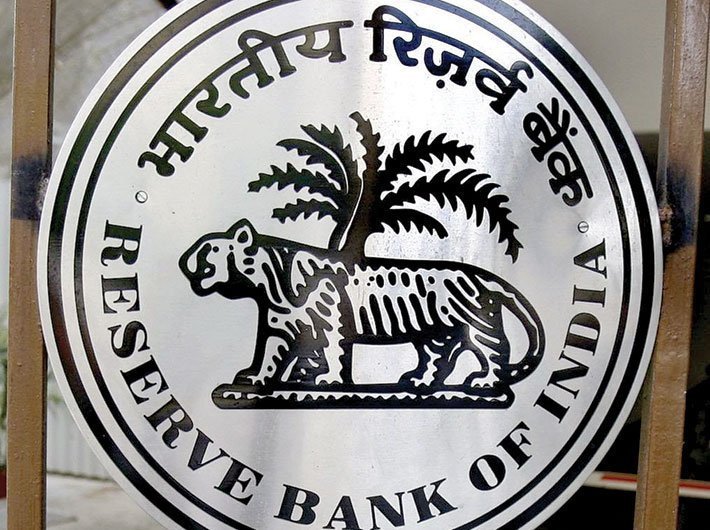The gross NPAs (GNPAs) of scheduled commercial banks increased to 10.2 percent in September 2017 compared to 9.6 percent in March 2017
The Reserve Bank of India (RBI) has informed that from country-wise data on ratio of non performing loans to total gross loans available on the International Monetary Fund database, it is observed that the ratio for India compares adversely with those of USA, UK, China and Japan, parliament was told.
Union minister Shiv Pratap Shukla said that as per Financial Stability Report (FSR) released by RBI in December 2017, the gross NPAs (GNPAs) of Scheduled Commercial Banks increased to 10.2 percent in September 2017 compared to 9.6 percent in March 2017.
As per FSR, macro stress test for credit risk indicates that under the baseline scenario, the GNPA ratio of the banking sector may increase to 10.8 percent by March 2018.
The problem of NPAs of banks has been addressed holistically through transparent and realistic recognition of NPAs, provision for expected losses and unprecedented recapitalisation, and putting in place a clean recovery system.
Asset Quality Review initiated by RBI in 2015, and subsequent transparent recognition by banks revealed high Non-Performing Assets (NPAs), which have impacted balance-sheets of several Public Sector Banks (PSBs).
For strengthening PSB balance-sheets, under Indradhanush plan, the government provided for Rs 70,000 crore till FY 2018-19, as a result of which despite high NPA and consequential provisioning, banks were successful in complying with capital adequacy norms. Further, with the object of increasing credit off-take and promoting creation of jobs, in October 2017 the government announced, and has since initiated, recapitalization of public sector banks by Rs 2,11,000 crore within two financial years to make banks weakened by NPAs strong.
Further, to enable effective action in respect of defaulters, Insolvencyand Bankruptcy Code, 2016 was enacted, which provides for time bound resolution of stressed assets. Cases have been instituted under the Code in the National Company Law Tribunal (NCLT)in respect of the 12 largest defaulters, amounting to about 25% of the NPAs of the entire banking system. To safeguard against misuse of the legal process, wilful defaulters and persons associated with NPA accounts have been barred from participating in the process under way in NCLT.
The Reserve Bank of India in its
Financial Stability Report (FSR) December 2017, a biannual publication and the 16th in the series, reflected upon the overall assessment on the stability of India’s financial system and its resilience to risks emanating from global and domestic factors.
It said that India’s financial system remains stable. Notwithstanding the efforts to normalise monetary policy by the Federal Reserve and the Bank of England, financial conditions in the advanced economies remain accommodative. Commodities space is firming up. Increased geopolitical risks imply likely volatility in commodity prices.
It noted that domestic growth rebounded in 2017-18:Q2 after initial hiccups associated with the roll-out of the nationwide goods and services tax (GST) coming on the back of demonetisation.
The report observed the overall risks to the banking sector remained elevated due to asset quality concerns. Credit growth of scheduled commercial banks (SCBs) showed an improvement between March and September 2017, while public sector banks (PSBs) continued to lag behind their private sector peers.
The gross non-performing advances (GNPA) ratio and the stressed advances ratio of the banking sector increased between March 2017 and September 2017.
Stress test suggests that in the baseline scenario, GNPAs of the banking sector may rise from 10.2 percent of gross advances in September 2017 to 10.8 percent in March 2018 and further to 11.1 percent by September 2018.
